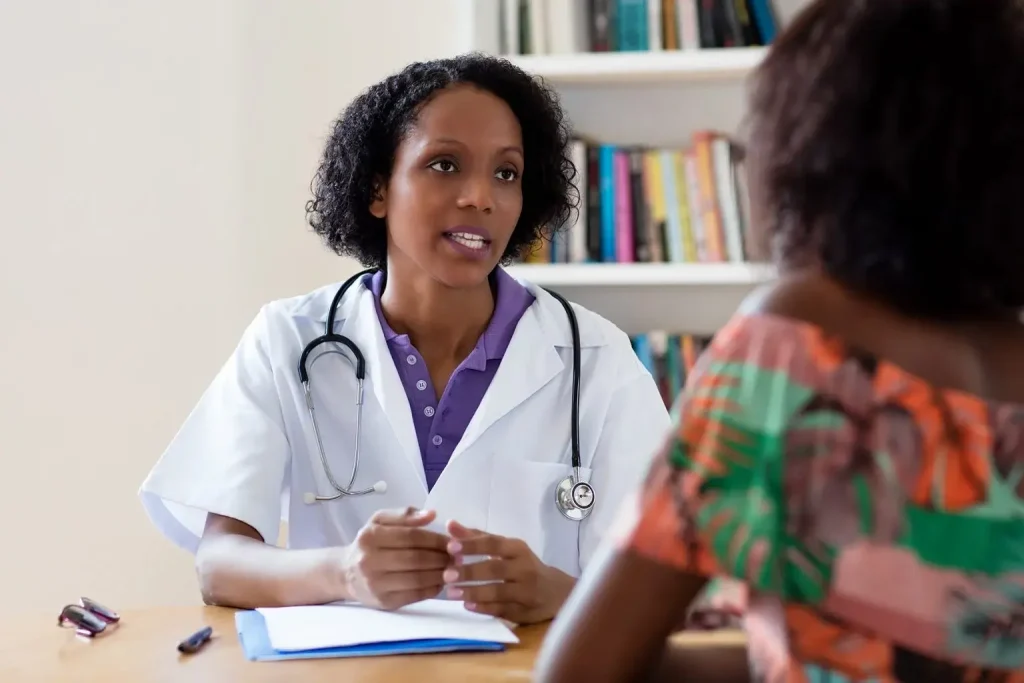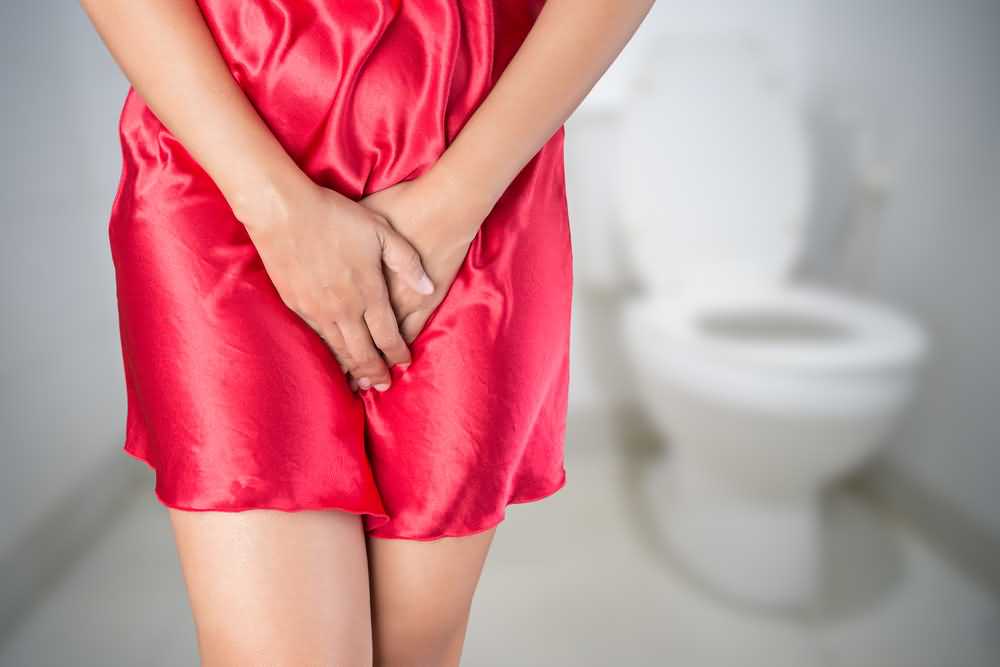Table of Contents
ToggleIntroduction:
While recovering from an abortion, whether it was performed medically with pills or surgically in a clinic, one needs to follow the recommended Abortion recovery tips in order to minimize complications, support your healing process, and promote overall well-being.
In this guide, we shall share 10 quick ways to recover safely and effectively, so you can feel confident and cared for during this important time.
What to Expect After an Abortion
After terminating a pregnancy, your body and emotions undergo a significant and often complex period of adjustment. This experience can vary greatly from woman to woman.
Some women may feel an overwhelming sense of relief, while others may struggle with feelings of sadness, depression or even confusion.
It is also normal to experience:-
- Light vaginal bleeding or spotting.
- Painful or swollen breasts.
- Abdominal pains or cramping.
It is important to understand that these reactions are entirely normal and reflect the body’s natural response as it readjusts post-abortion,
Essential Abortion Recovery Tips for a Smooth Healing Process
Taking care of yourself after ending a pregnancy is just as important as the procedure itself. Here are a few essential recovery tips:-
- Rest when your body needs it – give yourself time to heal.
- Stay hydrated and eat balanced meals to support recovery.
- Use prescribed or recommended medication to manage discomfort.
- Keep follow-up appointments to make sure your recovery is progressing well.
Those simple steps can help prevent complications and encourage a faster, smoother healing process.
Physical Recovery and Self-care
- Rest and take it easy. Allow yourself to rest and avoid strenuous activities or heavy lifting for at least a few days. Listen to your body and return to your normal routine when you feel ready.
- Manage bleeding and cramps. Bleeding and cramping are normal and typically subside within one to two weeks, though some spotting may continue longer.
- For pain, use over-the-counter medication like ibuprofen or apply a heating pad to your abdomen.
- Use sanitary pads instead of tampons or menstrual cups for at least one to two weeks to reduce the risk of infection.
- Prevent infection. To minimize the risk of infection, avoid vaginal intercourse, douching, and swimming for at least two weeks. It is safe to shower as usual.
- Stay hydrated and eat well. Drink plenty of water and nutritious fluids. Eat balanced, nutrient-rich meals to help your body recover and replenish lost nutrients.
- Follow medical instructions. If you were given antibiotics, take them exactly as prescribed. Keep any follow-up appointments to ensure your recovery is progressing well.
- Wear comfortable clothing. Choose loose, comfortable clothing to wear during your recovery period.
Taking Care of Your Emotional Well-Being
- Acknowledge your feelings. It is normal to experience a wide range of emotions after an abortion, including relief, sadness, grief, guilt, or anger. Hormonal changes can also cause mood swings. Allow yourself to feel these emotions without judgment.
- Lean on your support network. Talk to trusted friends or family members who are supportive and understanding. You don’t have to go through this alone.
- Seek professional help if needed. For some, feelings of sadness or grief can be intense. If your mood changes interfere with your daily life or don’t go away, consider talking to a counselor or therapist. Your abortion provider may also offer post-abortion counseling services.
- Consider post-abortion support groups. Connecting with others who have had similar experiences can help you feel less isolated. Resources like All-Options or Exhale offer confidential support.
- Practice self-compassion. Be kind and gentle with yourself. If you find yourself dwelling on “what if” scenarios, gently redirect your energy toward the present and the future.
- Engage in self-care activities. Make time for things that make you happy, such as watching a favorite show, spending time in nature, or enjoying your favorite food.
📌 Learn more about supporting your mind and emotions in our Self-care Tips After Abortion article. ↗
Abortion Key Do’s and Don’ts

The “Do’s” are a variety of recommendations aimed at prioritizing self-care and promoting healing and on the other hand, the “Don’ts” help in preventing complications.
“Please click the button below to switch between the Do’s and Don’ts.”
📌 To Learn More:- Visit our Post-Abortion Recovery Guide
Dietary Tips!

After an abortion, blood loss can lower iron levels, so it’s important to replenish iron to prevent anemia and support recovery.
- Drink 8–12 glasses of water daily to stay hydrated.
- Eat a balanced diet: grains, fruits, veggies, protein, and healthy fats.
- Avoid sodas, alcohol, junk food, spicy dishes, and soy.
Your doctor may also recommend supplements like iron, calcium, multivitamins, and vitamin D based on your individual needs.
How Long Is Abortion Recovery?
Abortion recovery varies for each woman, depending on factors like, what type of abortion was conducted, your overall health, and how closely you follow recovery guidelines.
Emotional recovery: Emotional healing can vary in duration and may fluctuate based on how you manage the situation. Listening to your body, resting, and seeking support from healthcare providers or loved ones can facilitate smoother recovery.
Physical recovery: Most women notice significant improvement within 1–2 weeks. Complete physical recovery, including return to normal menstrual cycles, usually occurs within 4–6 weeks.
📌 See Our Post:- What Is the Typical Recovery Time Frame?
When to Seek Medical Help After an Abortion

Most women recover smoothly after terminating a pregnancy, but it’s important to know when to seek medical help. Contact a certified abortion clinic near you if you experience:-
- Foul-smelling discharge
- Heavy bleeding (soaking more than 2 pads within an hour)
- Continuous Fever or chills. This may signal signs of infection after terminating a pregnancy.
- Severe pains that are not relieved by over the counter medications.
🔵 👉 Trust your instincts if something feels unusual or worrying, it’s always safer to reach out to Carlton Women’s Clinic Johannesburg ↗
- Severe pain that is not relieved by medication.
- Extremely heavy bleeding, such as soaking two or more maxi pads per hour for two hours in a row.
- Fever (over 38°C or 100.4°F) that lasts more than 12 hours.
- Foul-smelling vaginal discharge.
- Persistent nausea, vomiting, or other pregnancy symptoms for more than a few days

In Summary ...
Following those do’s and don’ts will support your recovery process and also help your body heal properly while reducing the risk of complications,
Seeking help from counselors or support groups specifically tailored for those who have undergone similar experiences can provide invaluable guidance and reassurance during what might feel like an overwhelming time.
Frequently Asked Questions!
How will I feel after abortion?
You may experience cramping, bleeding, mood swings, or fatigue. These are normal signs as your body begins to recover.
How long do you bleed after an abortion?
Bleeding usually lasts 1–2 weeks, gradually tapering off. Spotting may continue for a few more days.
What can i wear for comfortability?
After a termination, it’s important to prioritize comfort and relaxation. Choose loose, comfortable clothing that allows your body to move freely.
What signs indicate I need medical attention?
Seek medical care if you have heavy bleeding, severe pain, fever, foul-smelling discharge, or any sudden worsening of symptoms.
References
- WHO – Abortion Facts & Aftercare: Read here ↗
- Carlton Women’s Clinic Joburg – Post Abortion Care Guide: Read here ↗
- FDA – Aspirin & Medication Warnings: Read here ↗
- NHS – Causes of Pelvic Inflammatory Disease (PID): Read here ↗
- Support for depression and anxiety: Contact SADAG ↗
Share ...



